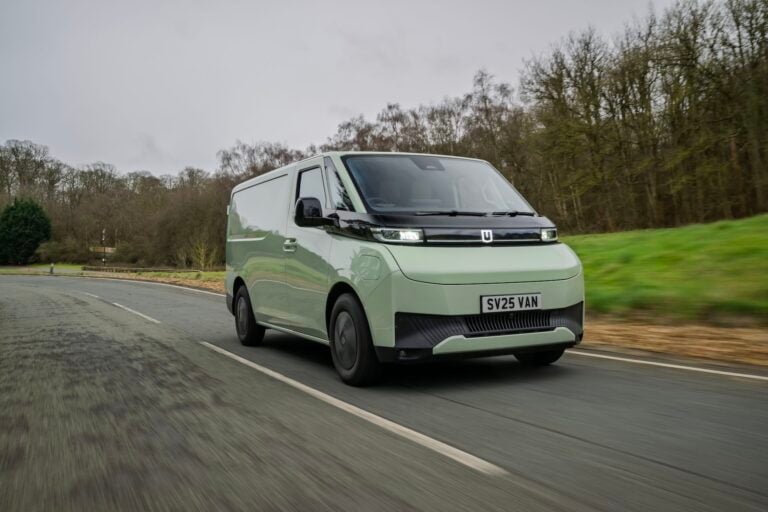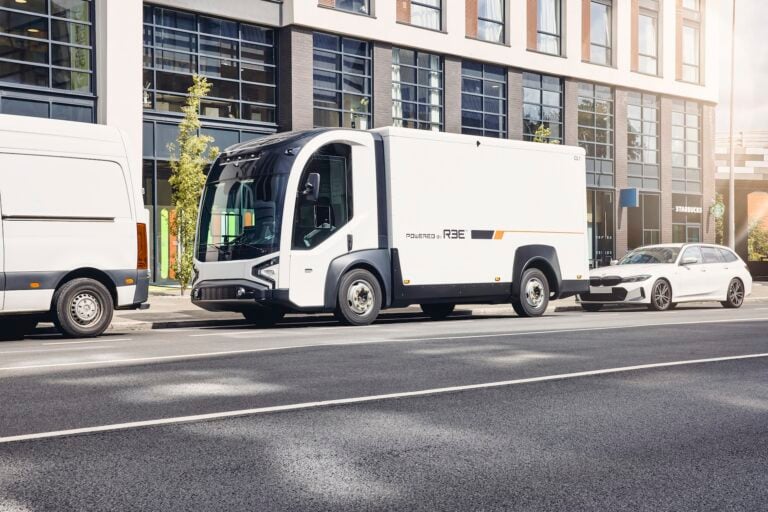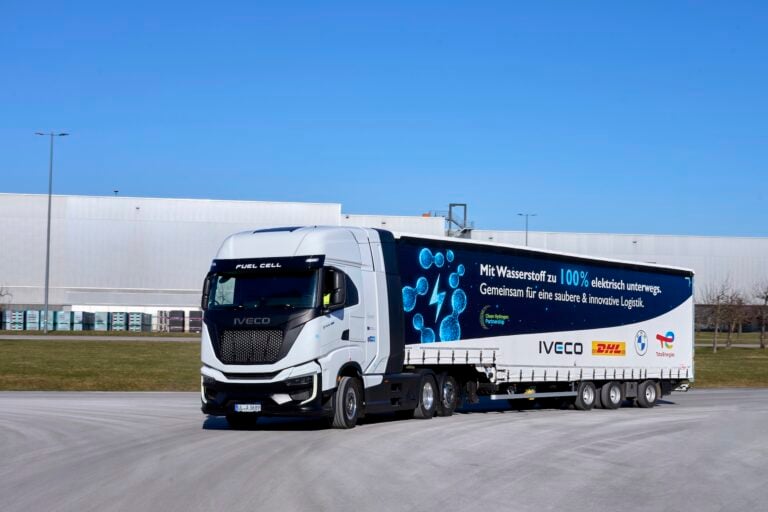Volvo Trucks is intensifying its commitment to green transportation by initiating the serial production of its heavy battery electric trucks at its Ghent facility in Belgium. With this development, the company now has four dedicated production centers for electric trucks globally, with three situated in Europe and one in the United States.
Why It Matters
As global pressure mounts to adopt eco-friendly transportation options, the expansion of electric truck production by Volvo Trucks at its largest factory underlines the company’s commitment to sustainability. As stated by Roger Alm, President of Volvo Trucks, “Now even more transport companies can transition to electric solutions with Volvo.”
Key Points
- New Models: The Ghent plant will manufacture three distinct electric models: the Volvo FH, Volvo FM, and Volvo FMX Electric. These vehicles boast a maximum operating weight of 44 tonnes and can be tailored to diverse transport requirements.
- Multiple Benefits: In addition to being environmentally friendly by reducing CO2 emissions, these trucks also retain Volvo’s hallmark features of quality, safety, design, and driver comfort.
- Production Flexibility: Ghent’s annual production capacity is around 45,000 trucks. Electric trucks are assembled alongside their diesel and gas counterparts, ensuring adaptability in meeting various demands. Furthermore, the adjacent battery assembly plant in Ghent supplies the necessary battery packs.
- Global Expansion: Ghent joins other global locations such as Blainville in France, New River Valley in the US, and the Tuve plant in Sweden in producing electric trucks. Notably, Volvo Trucks was the first global manufacturer to put their heaviest range into serial production in Sweden.
- Growing Demand: As of now, Volvo Trucks has recorded orders, including letters of intent, for approximately 6,000 electric trucks across 42 countries spanning six continents.
Bottom Line
The launch of electric truck production in Ghent signifies a pivotal moment in Volvo Trucks’ journey towards zero-emission transportation. While the company’s strides in electrifying heavy truck transport have been substantial, they emphasize the need for government support through incentives, grid capacity enhancement, and the introduction of CO2 taxes to further propel the transition to sustainable transport.








